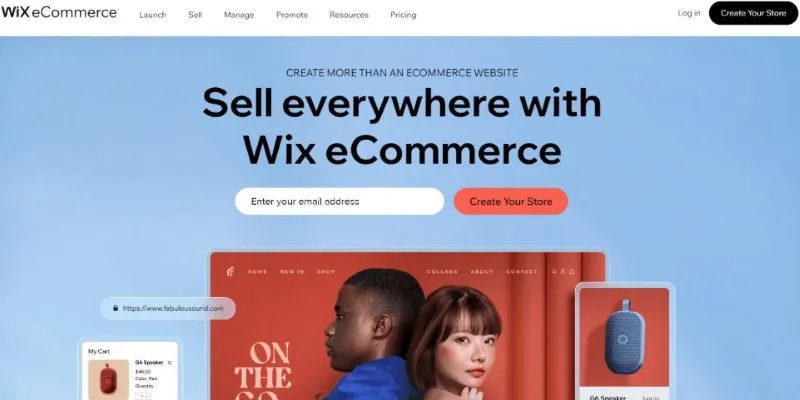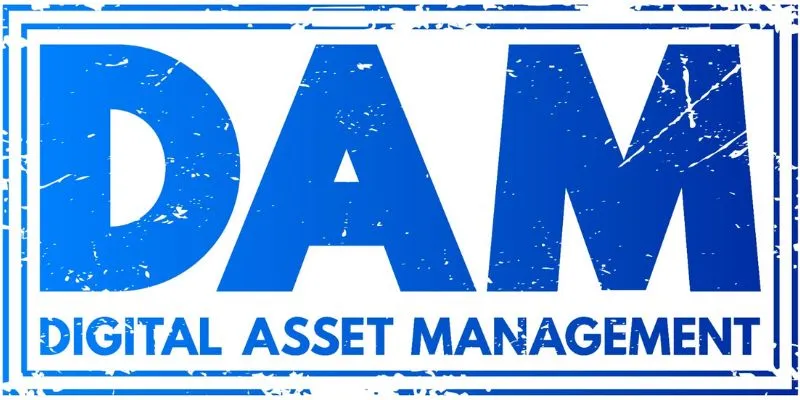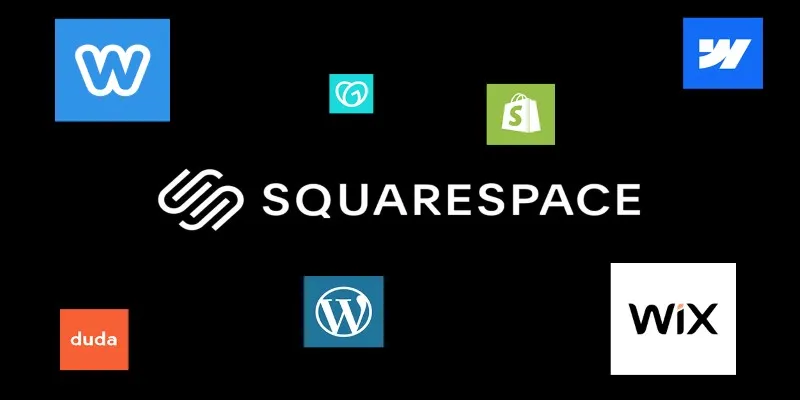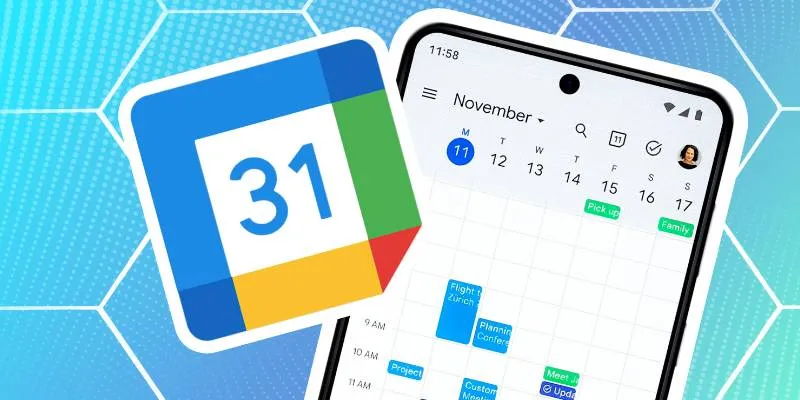Top E-Commerce Platforms for Seamless Online Selling in 2025
Starting an online business has never been easier, thanks to e-commerce platforms that manage everything from product pages to checkout and shipping. Whether you’re selling custom t-shirts, handmade jewelry, or digital products, choosing the right platform is crucial for your success. Platforms like Shopify, WooCommerce, BigCommerce, Wix eCommerce, and Magento offer diverse features tailored to various needs.
This guide will help you understand the key differences and provide insights on how to choose the best e-commerce platform based on your goals, skills, and budget—without overcomplicating the decision-making process.
Top E-Commerce Platforms
E-commerce platforms come in different shapes and sizes. Some are hosted, meaning they manage your site’s backend for you. Others are self-hosted, giving you more control but requiring some technical knowledge. The major players in this space each offer unique advantages.
Shopify
Shopify is often the go-to e-commerce platform for good reason. It’s hosted, so you don’t have to deal with servers, security, or updates. You sign up, select a theme, add your products, and start selling. Shopify accommodates physical products, digital downloads, services, subscriptions—you name it. It also handles taxes and currency conversion and includes built-in SEO and abandoned cart recovery tools.

Where Shopify really shines is in its simplicity. Non-tech-savvy users can set up a professional-looking store without touching a line of code. Shopify integrates with almost everything: social media shops, Amazon, payment gateways, shipping solutions, and third-party tools. You can even add apps from its marketplace to expand features.
However, this ease comes at a price. Shopify charges monthly fees and transaction fees unless you use their own payment solution. While it’s great for most businesses, those who want full control over their code or structure might find it limiting in the long run.
WooCommerce
WooCommerce is a WordPress plugin that turns any site into an online store. It’s free to start with, making it appealing for small businesses and freelancers. Since it’s open-source, you have complete control over how your store looks, functions, and scales. If you’re already using WordPress, adding WooCommerce is a logical step.
The biggest advantage here is flexibility. You can choose your hosting provider, pick your favorite theme, customize the checkout process, and install plugins for nearly every function you can imagine—from email marketing to inventory tracking. WooCommerce also supports digital goods, subscriptions, bookings, and more.
But flexibility comes with trade-offs. You’ll need to manage hosting, site speed, security updates, and potential conflicts between plugins. It’s ideal if you’re comfortable maintaining a WordPress site or have access to someone who is. Otherwise, it can be overwhelming.
BigCommerce
BigCommerce is a hosted solution like Shopify but focuses more on scalability and built-in functionality. Instead of relying heavily on apps, it includes advanced features like multi-currency selling, real-time shipping quotes, and product filtering out of the box. It’s aimed at growing businesses or those with complex needs.
One of BigCommerce’s strongest points is that it allows you to sell across different channels—your website, social platforms, and marketplaces—without needing to install separate plugins. It’s also optimized for SEO and gives you deeper control over page structure and metadata than some other platforms.
On the downside, the learning curve can be steeper than Shopify, especially for beginners. Also, BigCommerce’s pricing is tied to your store’s annual sales. So, as your revenue increases, your monthly plan might be bumped to the next tier automatically. For some, that’s a deal-breaker.
Wix eCommerce
Wix started as a website builder but has grown into a solid option for selling products online. Its drag-and-drop interface is great for users who want to design their site without code. Wix eCommerce includes most of the core features you’d expect: product pages, payment processing, shipping tools, and even abandoned cart recovery.

What makes Wix stand out is how beginner-friendly it is. You can get a store up and running quickly, and the design freedom is better than many other platforms. It’s especially good for small product catalogs or creative brands that want their store to look visually appealing.
That said, Wix isn’t the best choice for scaling. It lacks some advanced tools out of the box, and third-party integrations are more limited. For businesses that plan to expand quickly or have complex inventory needs, it may not keep up in the long term.
Magento (Adobe Commerce)
Magento is a different beast altogether. Now managed by Adobe, it’s designed for large-scale operations that need full control and deep customization. It supports thousands of products, complex product variations, and multiple languages or currencies. Magento can handle almost any scenario if you know how to configure it—or if you have a development team to help you.
The open-source version is free, but you’ll need to handle your hosting, security, and maintenance. There’s also a paid enterprise version (Adobe Commerce) that includes cloud hosting and additional features, but it’s aimed more at larger companies with bigger budgets.
Magento is powerful but not for the faint-hearted. It’s better suited for tech-heavy teams or businesses with unique needs that simpler platforms can’t meet. If you want flexibility above all else and are ready to manage the complexity, this is where it pays off.
Conclusion
Choosing the right e-commerce platform is crucial to the success of your online business. Each platform, whether it’s Shopify, WooCommerce, BigCommerce, Wix eCommerce, or Magento, offers unique features tailored to different business needs. The key is understanding your goals, budget, and technical expertise. If you prioritize ease of use, Shopify may be your best option. For flexibility and control, WooCommerce is a great choice. For scalability, BigCommerce stands out. Wix is perfect for beginners, while Magento is suited for large enterprises. Ultimately, selecting the right platform will streamline your operations and support long-term growth.
Related Articles

Wix vs Shopify: In-Depth Comparison for Choosing the Right CMS

Online File Conversion Made Simple: No Software Needed for Any Format

Convert and Extract RAR Files to ZIP Online in a Few Simple Steps

Explore the Best DAM Software Options for Effective Digital Content Management

The 4 Best AI Website Builders for Effortless Website Creation

Microphone Not Working in Online Learning Platforms? Try These Fixes

9 Best UX Research Tools to Elevate Your User Experience

The 6 Best Payment Processing Platforms in 2025 for Smooth, Secure Transactions

Framer vs. Webflow: The Ultimate Comparison for Website Builders

The 6 Best Squarespace Alternatives in 2025 for Custom, Creative Web Design

From Spreadsheet to Software: How No-Code and Low-Code Tools Are Redefining App Building
Popular Articles

Microsoft Planner vs. Trello vs. Asana: In-Depth Product Analysis

How to Easily Convert JVC TOD to MP4, MOV, or AVI: A Step-by-Step Guide

SkedPal vs. Motion: A Detailed Comparison to Find Your Perfect Scheduling App

How to Connect Google Calendar with Your Business Apps: 7 Best Practices

The Best Flowchart Software and Diagram Tools in 2025: A Comprehensive Guide

Effortless Steps to Convert and Upscale Video to 4K Resolution

Top 10 Beginner Vlog Cameras Loved by YouTubers

How to Change RMVB to 3GP Format for Mobile Playback

How to Convert FLV Files to WAV Format in Minutes

Best Tools to Record Facebook Messenger Calls on Any Device

LightCut 2025 Review: The Best Video Editor for Android and iPhone

 mww2
mww2